

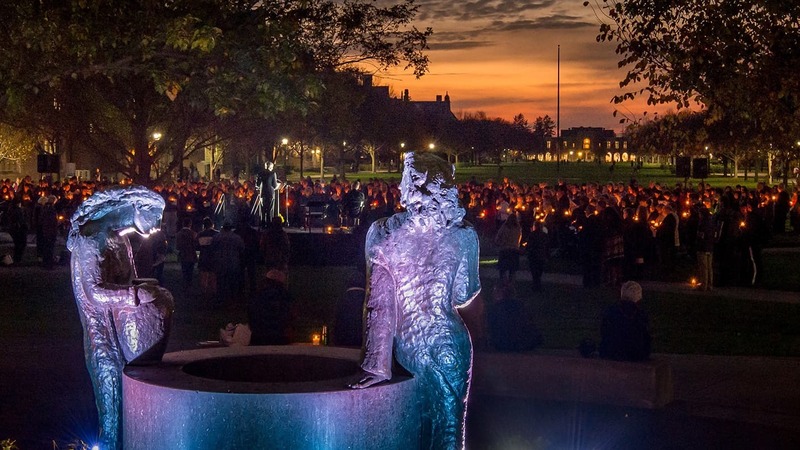
Our commitment to diversity and inclusion at Notre Dame is inextricably tied to our Catholic mission, which calls us to respect the dignity of every person, to work toward the common good, and to stand in solidarity with the most vulnerable and marginalized members of our community.
“As a community of teachers and learners, we are called to ask the hard questions, listen to and amplify voices that aren’t being heard, and pursue solutions to complex problems facing society. The College of Arts & Letters is committed to diversity, equity, and inclusion — changing the culture and climate on campus and fighting inequality through research, education, and outreach.”

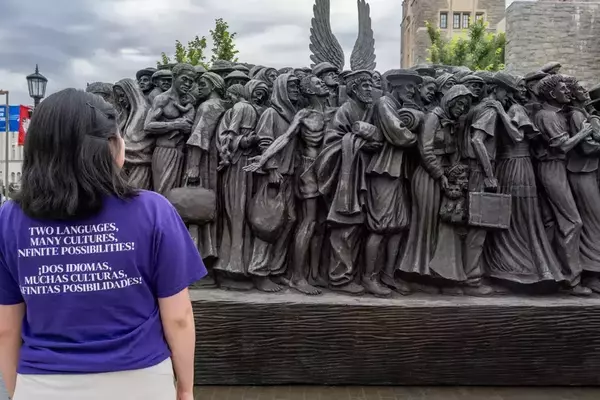
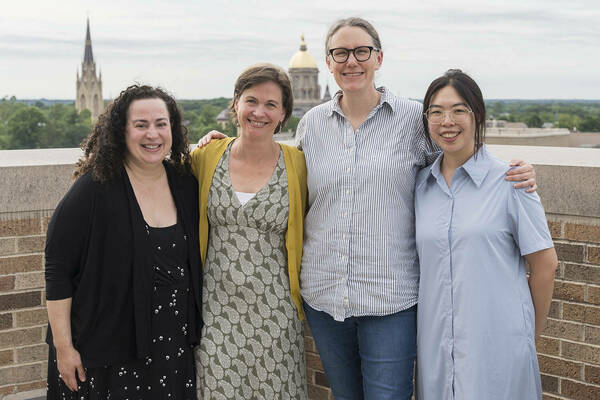
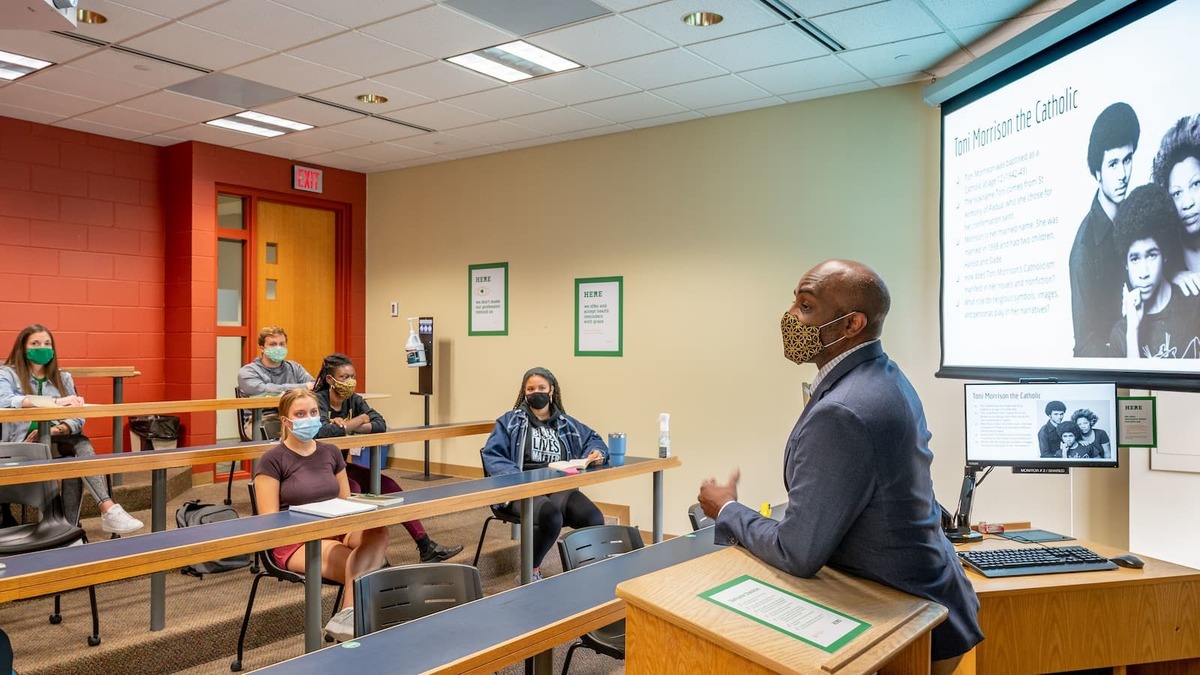
This standing Arts and Letters committee promotes an inclusive and equitable climate; facilitates the recruitment, retention, and development of a flourishing diverse community; and sustains and champions innovative and inclusive scholarship and teaching.
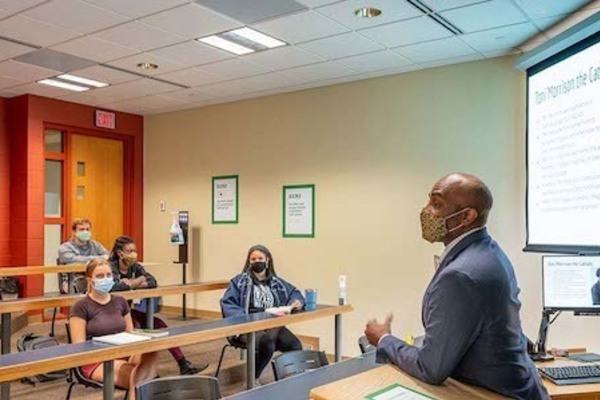
Through Notre Dame’s Center for Educational Literacy, Ernest Morrell is rethinking literacy pedagogy, bridging the gap between urban cultures and the traditional canon.
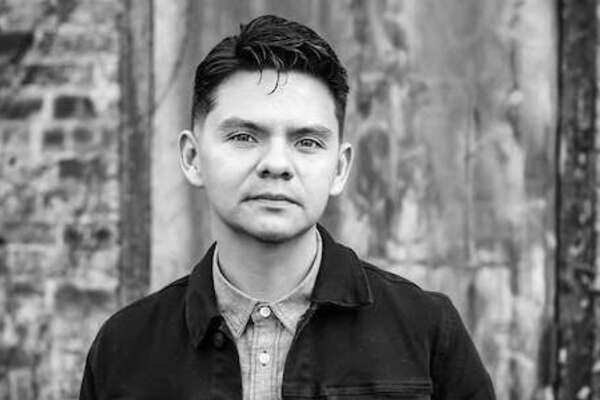
Anthropologist and ethnomusicologist Alex Chavez explores Latina/o/x expressive culture in everyday life as it manifests through sound, language, and performance.
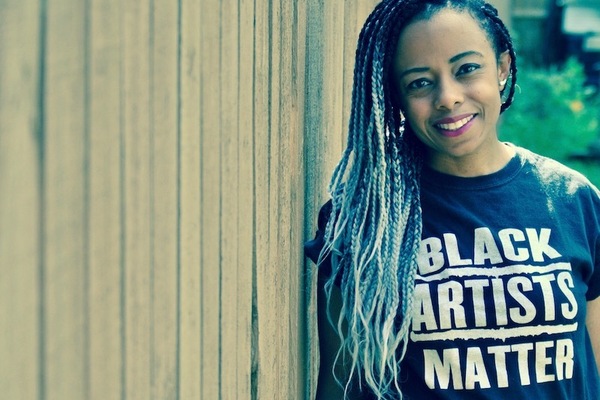
Theatre scholar La Donna Forsgren delves into the history of the Black Arts movement, shining a light on the essential roles African American women have played as artists and activists.
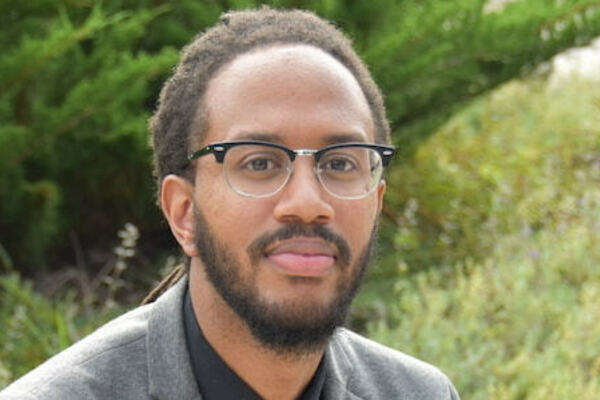
Sociologist Calvin Zimmermann examines how racial and gendered meanings shape children's social relationships in early childhood, with a particular emphasis on school and family settings.
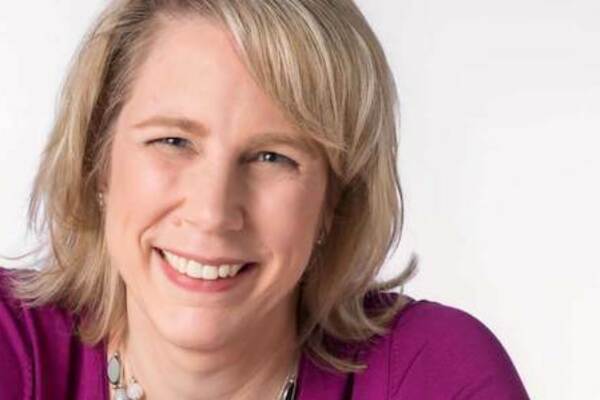
Political Scientist Christina Wolbrecht is an expert on women’s suffrage and co-founder of Women Also Know Stuff, which elevates the voices of female experts in her field.
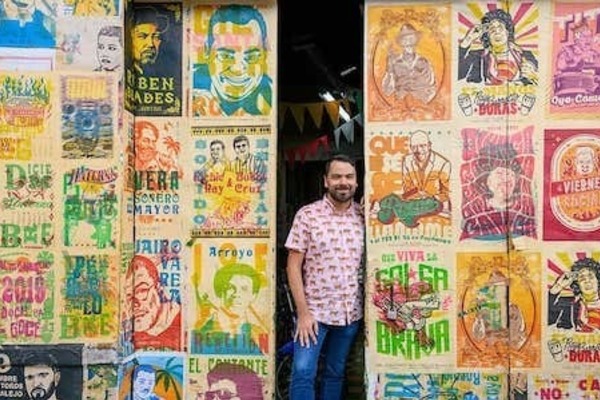
American Studies Chair Jason Ruiz’s research focuses on American perceptions of Latinos and Latin America, including the influence of Narcomedia on the War on Drugs.
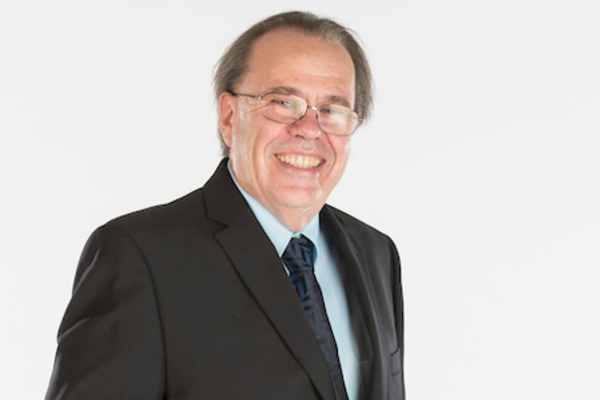
Sociologist Rory McVeigh’s most recent work addresses social and political consequences of different forms of segregation.
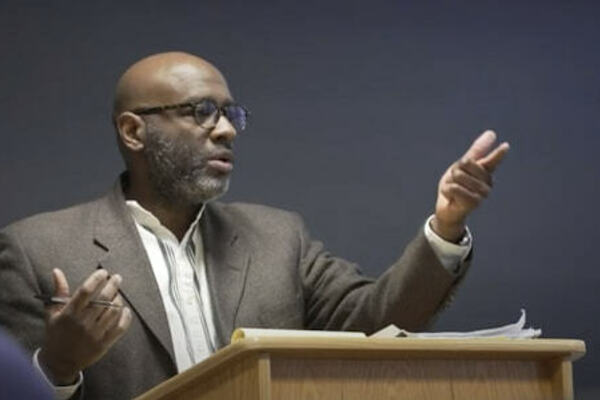
Professor Mark Sanders, who has won Fulbrights to Ecuador and Colombia, studies African American and Afro-Latino literature from a hemispheric perspective.
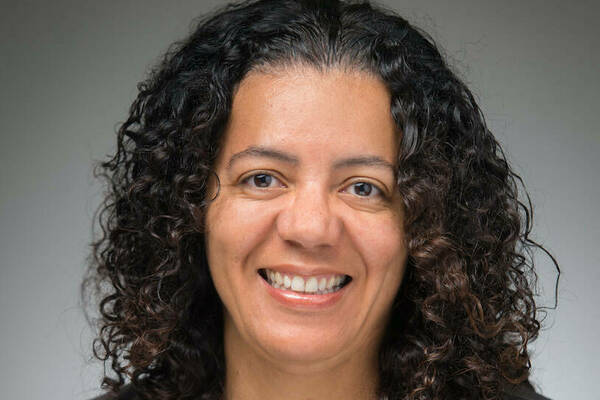
Essaka Joshua explores the evolving discipline of disability studies, which centers experiences of people with physical, psychological and/or psychiatric differences.
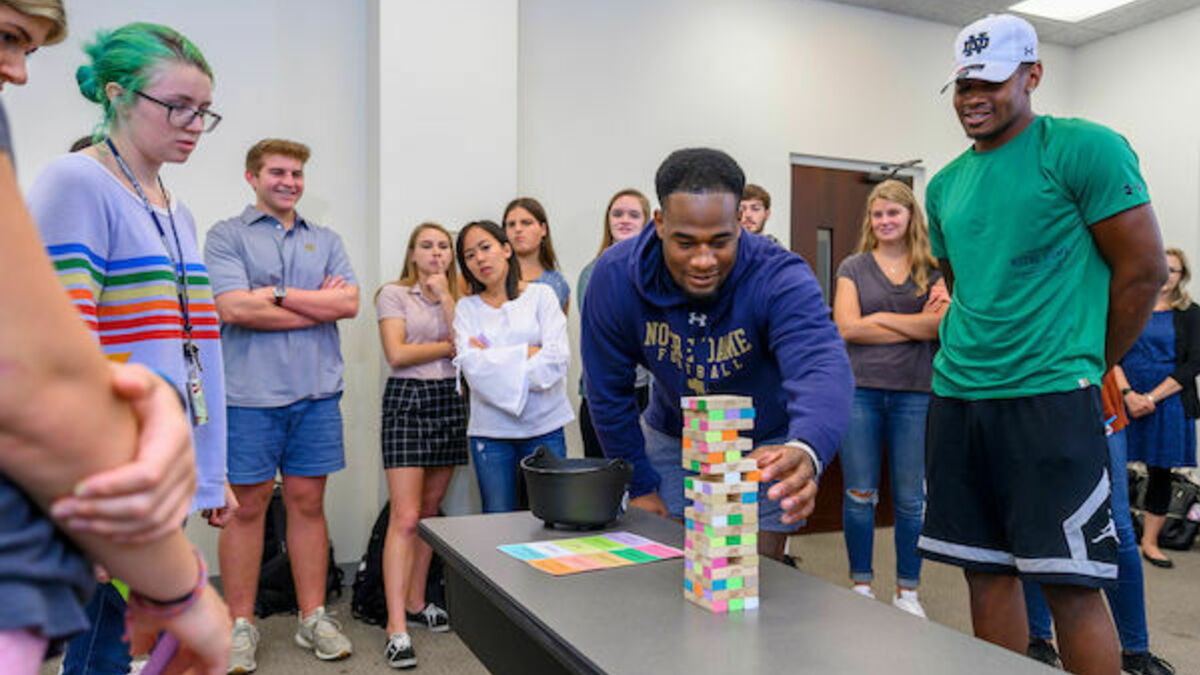
A Notre Dame liberal arts education helps develop empathy and compassion, and the ability to better understand those whose perspectives are different from ours. As students, scholars, and educators, we have a critical role to play in forming each other’s individual hearts and minds, but also in contributing to broader, societal change. It starts with learning, through courses such as:
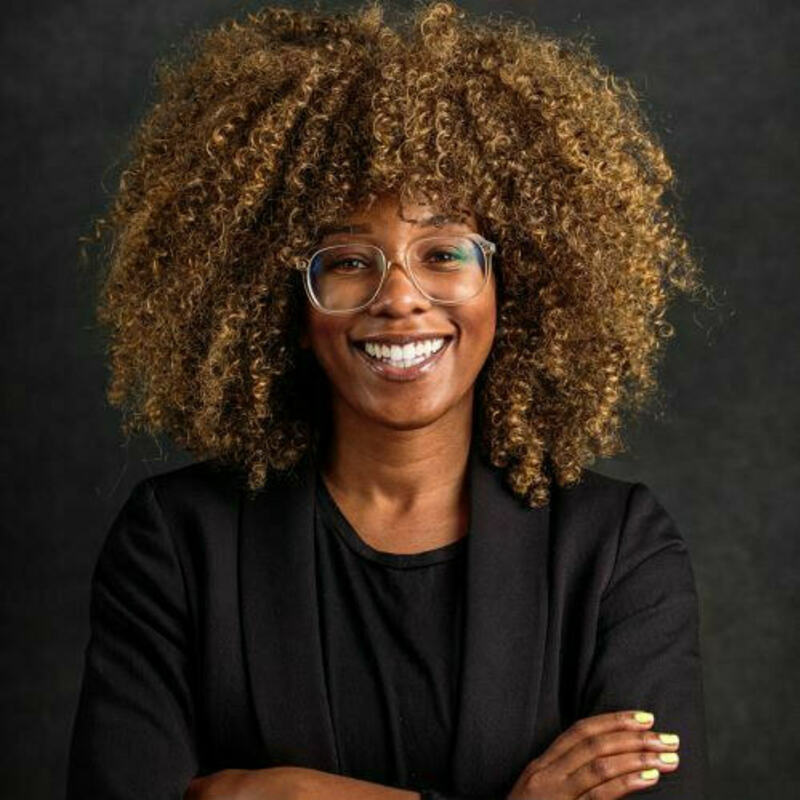
Dr. Rhea W. Boyd ’06
Africana Studies and Pre-Health
Dr. Rhea Boyd is a pediatrician and child and community health advocate who serves as director of strategy and equity for the California Children's Trust. Dr. Boyd travels to teach students and trainees about the relationship between structural inequity and health and she has helped organize public health officials, clinicians, community advocates, and funders to evaluate and address the impact of harmful police practices and policies on child and public health.
Dr. Rhea W. Boyd ’06
Africana Studies and Pre-Health
Dr. Rhea Boyd is a pediatrician and child and community health advocate who serves as director of strategy and equity for the California Children's Trust. Dr. Boyd travels to teach students and trainees about the relationship between structural inequity and health and she has helped organize public health officials, clinicians, community advocates, and funders to evaluate and address the impact of harmful police practices and policies on child and public health.
Patrick Burke ’06
History
Patrick Burke is senior director of player safety for the National Hockey League and founding partner and past president of You Can Play, a ground-breaking non-profit campaign. You Can Play seeks to ensure the safety and inclusion of everyone in sports—including LGBTQ athletes, coaches, and fans.
The goals of You Can Play have been embraced by several professional sports leagues in the U.S. and Canada, as well as many colleges and universities, including Notre Dame.
Jemar Tisby ’02
American Studies
Jemar Tisby is author of The Color of Compromise: the Truth About the American Church’s Complicity in Racism and president of The Witness, a black Christian collective that engages with issues of religion, race, justice, and culture from a biblical perspective.
“There’s a rich tradition of Catholic Social Teaching that has already spoken to many of the injustices that continue to afflict our society today,” he says. “So I think Catholic believers are well-positioned to help lead in the struggle for racial justice in the 21st century, and I’m grateful for a Catholic education that didn’t see the Gospel and social justice as two separate things, but as integrally related.”
Kerry Ann Rockquemore ’99
Sociology Ph.D.
Kerry Ann Rockquemore is founder and president of National Center for Faculty Development & Diversity, which provides independent professional development, training, and mentoring to faculty, postdocs, and graduate students from over 450 colleges and universities. She is the author of Beyond Black: Biracial Identity in America and The Black Academic's Guide to Winning Tenure—Without Losing Your Soul.
In 2014, Kerry Ann won the Notre Dame Graduate School’s Distinguished Alumna Award.
Soeren Palumbo ’11
English, Spanish, and Philosophy
Soeren Palumbo is vice president of global youth engagement for Special Olympics. He was passionate about and active in Special Olympics before coming to Notre Dame, but his Arts and Letters education helped him increase his impact. “It taught me what things are worth fighting for and gave me the opportunity to develop my interpersonal skills in such a way that I can be convincing.”
“Language changes the way people think, and the way people think changes the way people act, and ultimately the way people act is what affects us as co-citizens of this global village.”
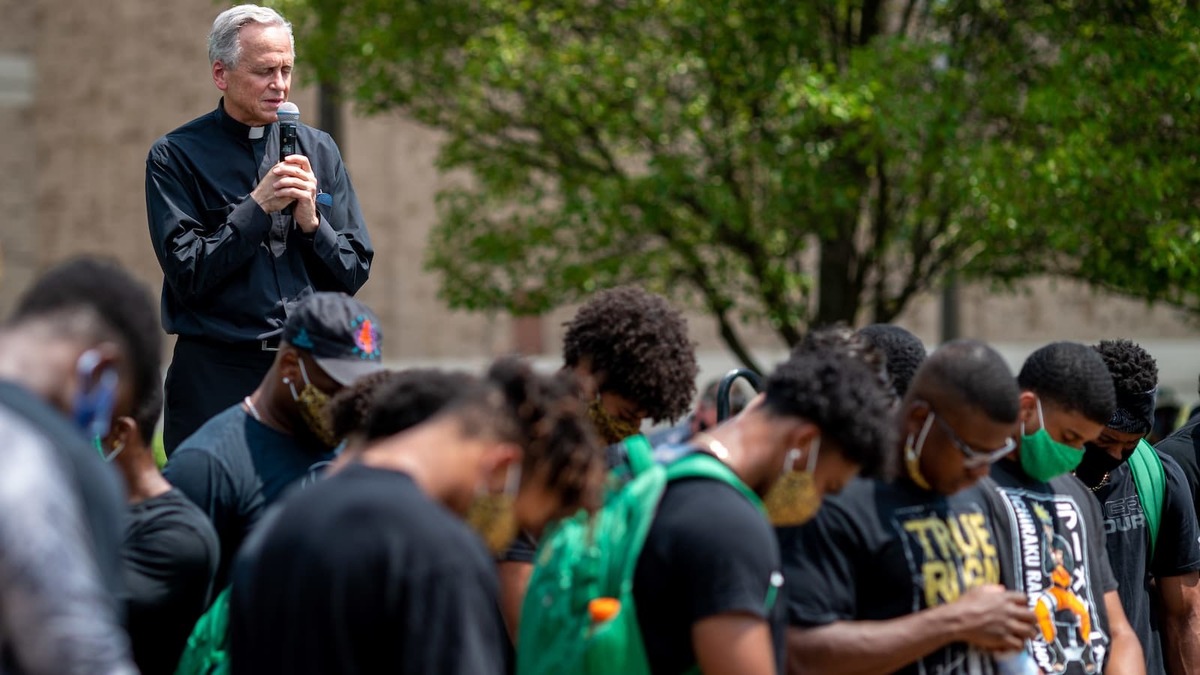
“Either we walk together in mutual support, or we do not walk at all. Either we are all Notre Dame, or none of us are.” — Rev. John I. Jenkins, C.S.C., Notre Dame President
We acknowledge our presence on the traditional homelands of Native peoples including the Haudenosauneega, Miami, Peoria, and particularly the Pokégnek Bodéwadmik / Pokagon Potawatomi, who have been using this land for education for hundreds of years, and continue to do so.